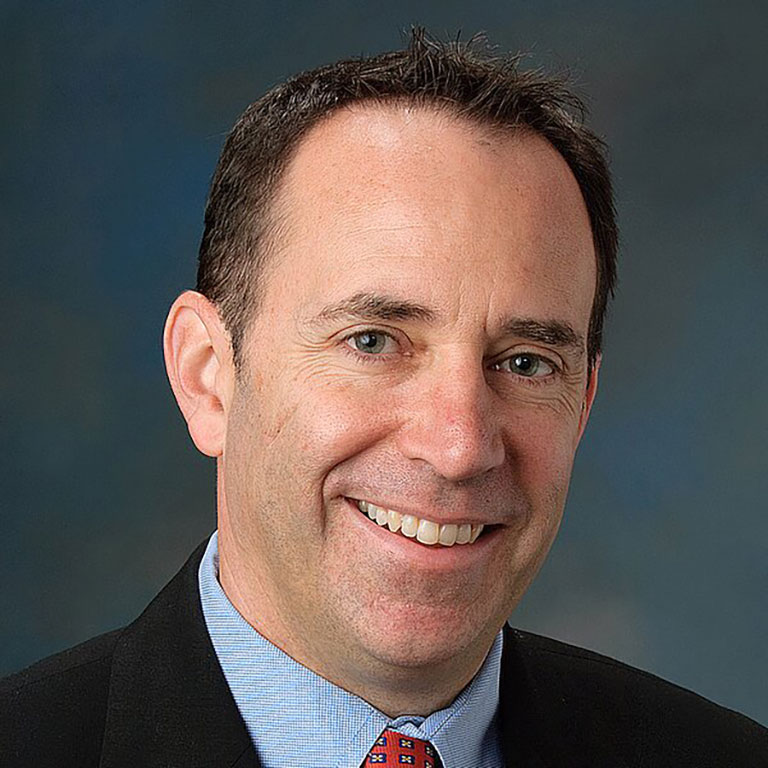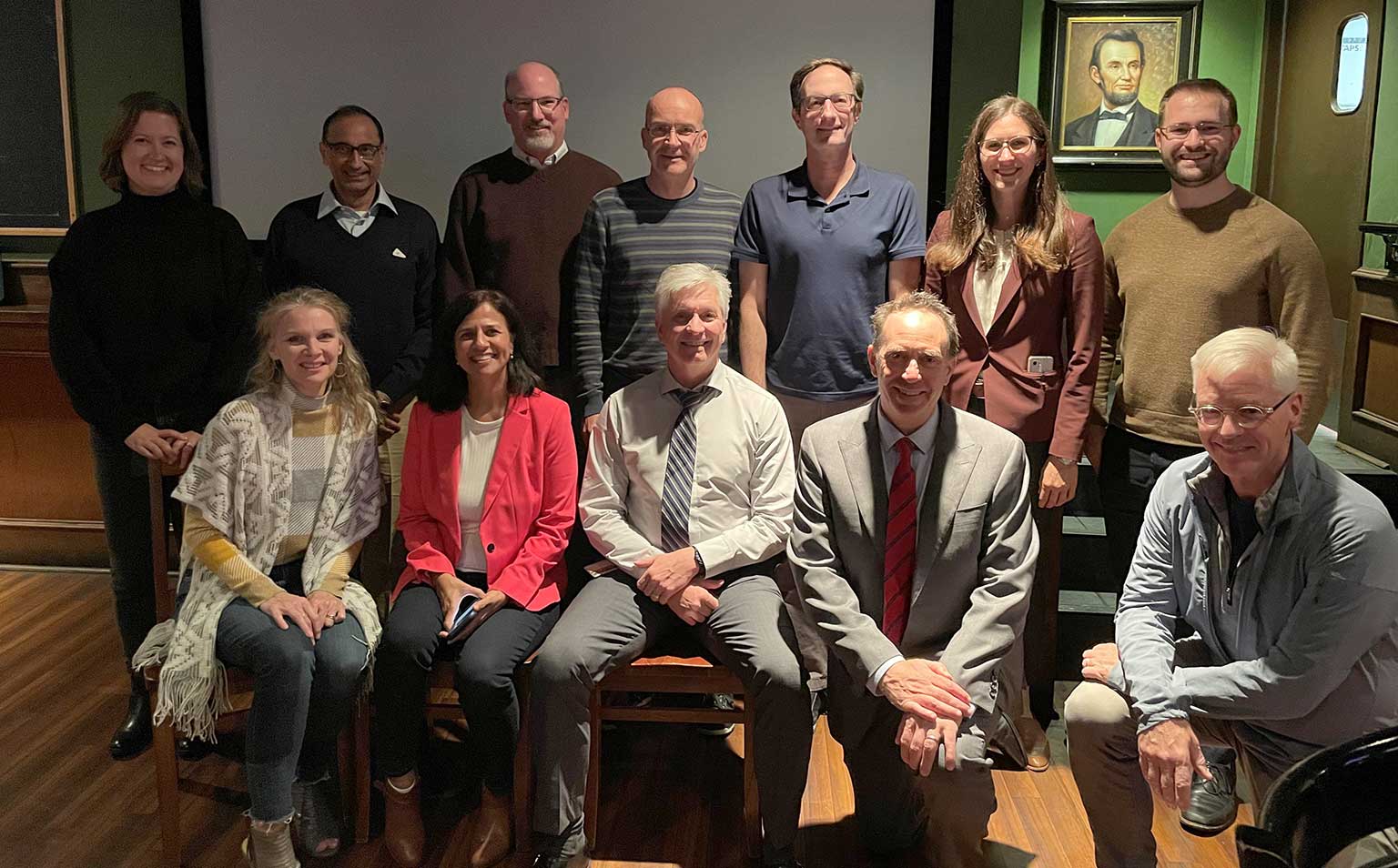The World Bank and IMF also employ thousands of economists. There are also literally thousands of trade associations in the nation’s capital, and most of them employ at least one economist to help them provide economic analyses to the government. The larger ones typically employ an entire staff of them.
Then there are the consulting firms that have their own legions of economists: PWC, EY, KPMG and Deloitte each have a large number of economists who work on public finance issues. Most of the Fortune 500 firms have economists in D.C. who work on public finance issues as well.
Numerous consulting firms—Charles River Associates, NERA, and Bates White, for instance—also have economists who help them do work with the World Bank, IMF, and USAID, or analyze antitrust issues, or tackle a wide variety of regulatory issues.
There are at least 40 IU econ Ph.D. alumni in the D.C. area, and the group congregates for a happy hour annually. A survey of those who attended the last event consisted of five people working at consulting firms, four people in academia, three in financial markets, a dozen working for the federal government, and a handful of other people employed by trade associations, NGOs, or nonprofit organizations.
I asked a few alumni of the Ph.D. program to explain how they first arrived in Washington, D.C., how they arrived at their current job, and what that job entails.
One thing they almost all said was that while they got their first job in D.C. by sending their C.V. to a job posting and doing a series of interviews, nearly all subsequent jobs were procured more informally, with a friend, acquaintance, or client helping them in some way. A few said that they discovered their first D.C. job via a friend or classmate who alerted them.
Gina Powers
Gina Powers studied Labor Economics with a supporting field in Law and Economics in the School of Law. She earned a J.D. and a Ph.D.
She started her career as a research service fellow at the Department of Health and Human Services, then took a job as an economist in a D.C. law firm before moving to the Department of Labor, where she served as an economist in the policy office and as a regulatory economist in OSHA.
She has worked at the Department of Commerce for over 10 years, first as a senior economist in the Office of the Chief Economist and now as an attorney advisor for the General Counsel’s legislation and regulations division.
John Powers
Gina’s husband, John Powers, wrote his dissertation on the enforcement of environmental regulations. After graduation he taught economics at St. Lawrence University for a year and then moved to Washington for a job with a consulting firm, where he worked primarily on projects that supported the EPA’s air quality and energy efficiency programs. He then moved to the EPA and worked for 14 years as a research economist.
He is currently an assistant director of economic analysis at the Public Company Accounting Oversight Board, where he does research related to the regulation of public company audits.
Anjali Bhasin
Anjali Bhasin wrote her dissertation on the taxation of foreign direct investment. Her initial job was in academia, but she began to pursue a career in transfer pricing while a professor. Transfer pricing addresses internal pricing across related affiliates within a multinational company, which has significant tax implications. Her first D.C. job was with Charles Rivers Associates in Washington D.C. She later moved to EY and then PWC for similar positions. Today she is a tax specialist leader at Deloitte.
Ammar Askari
Ammar Askari started his career as a professor at IUPU Columbus, and after five years he joined the M&I Bank in Milwaukee, where he worked as a risk analyst before joining the bank’s compliance group. In 2010 he moved to D.C. for a job with the Office of the Comptroller of the Currency where he is now the Director of Community Affairs Outreach. He remarked that entering the public sector from his job in the banking industry was a straightforward and not uncommon transition.
Ike Brannon
Ike Brannon arrived in D.C. in 2001 for a one-year job with the Office of Management and Budget while on a sabbatical. Before that job ended, he took a position with a Congressional Committee, and remained in Congress—moving to several different committees—until 2011, with a 9-month respite to work on a presidential campaign.
He then worked for a think tank for three years before starting a consulting firm that does analyses on tax and regulatory matters for a variety of clients.
Baoline Chen
Baoline graduated in 1994 and took a job as a visiting professor at Bowdoin College for a year before moving to Rutgers the following year. In 2001 she received tenure, but resigned her position for a job as a research economist with the Bureau of Economic Analysis. While she has remained there for the last twenty years, she received a major promotion and pay increase when she received a job offer from another executive branch agency.


 The College of Arts
The College of Arts